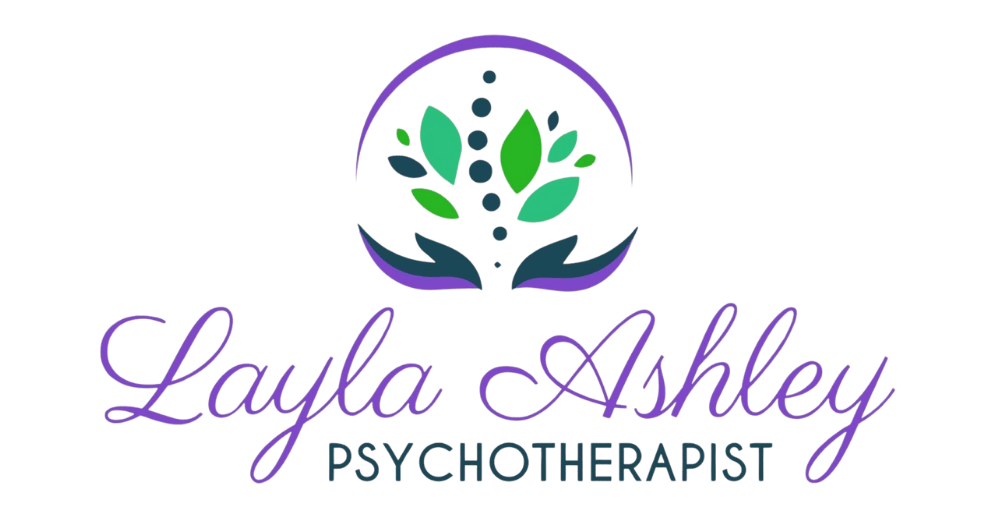I am often reminded of just how much we humans need one another. With AI permeating so much of our existence, we are in many ways drifting away from genuine, meaningful human connection. The antidote is to reconnect, not only with the people we love, but also with our raw, authentic self that knows how to love.
That ‘still small voice’ can become but a whisper in the face of the bombardment from media and self-help prescriptions for how to be the best ‘individual’ you can be… often with little mention of actually being there for ‘others.’ The problem, as with any strong influence from a culture, is that we can drift further and further away from our true nature as a result of the brainwashing and repetition. So, we need to protect both our minds and our hearts.
Facing Life as It Really Is
Life can be beautiful, but it can also be heartbreaking and full of loss. Pretending otherwise doesn’t protect us, and can actually make pain harder to process. Denying the harder truths of life has a way of backfiring.
It’s healthier to acknowledge what’s real, even as we move toward hope and possibility. When we bring our ‘shadow’ feelings into the light, they lose some of their power to quietly sabotage our well-being.
This is especially true in relationships at times when things become tense or emotionally charged, whether romantic, familial, work, or friendships. By remembering to stay patient, honest, and truly listen, we can navigate these moments with more grace and less drama.
Suppressing Feelings Hurts Relationships
Think of a parent telling a child, “Stop crying, you have nothing to be upset about.” This not only teaches the child to suppress tears, but also to doubt their own inner sense that something is wrong. I’d call that harmful, because nobody, child or adult, can be strong all the time.
We often try to suppress in others what we don’t want to face in ourselves. That’s why some adults say things like, “Grow up” or “Act your age,” as if primal feelings disappear with age. They don’t. We never stop having emotional needs for love, appreciation, understanding, and belonging. Undermining those needs doesn’t make them go away. It only creates disconnection.
When emotional pain is ignored, it tends to grow louder. It may come out as panic, depression, irritability, or withdrawal. Then the person in pain is suddenly labeled as “the problem,” allowing others to stay cold and detached without addressing the deeper issue; a fear of closeness and vulnerability.
Fear Is the Root of Relationship Disturbance
At the core of every relationship conflict is fear. Our early relationships, especially with parents or primary caregivers, continue to affect us well into adulthood, often in unconscious ways. Expecting this not to be the case sets us up for misunderstandings.
The real work of healthy connection is to embrace whatever is being felt, both in ourselves and in others, without trying to brush it away. Feelings are always valid, and avoiding them usually makes them stronger. Ironically, when we simply acknowledge and sit with a difficult feeling, it often softens or passes more quickly.
Intimacy Is Not Codependency
Sometimes, offering comfort to someone in pain is dismissed as “codependency.” While codependency is a real concern in some situations, this label can also be misused to avoid intimacy.
Being present with someone’s emotions, without judging them or pulling away, can be an incredible gift. It helps them feel seen and supported, which is a basic human need we all have across gender and culture. This is especially true during vulnerable moments when another person is trusting you to be a safe landing.
Why “Tough Love” Isn’t Always Love
When someone is hurting, insisting they “just take responsibility” can feel like rejection. It’s not that self-support isn’t important… it is; but so is social support.
Dismissing someone’s need for connection at a vulnerable time can actually feel traumatic, especially in close relationships where trust is vital. This isn’t about weakness or a lack of maturity; it’s more about survival. Our most important relationships are tied to our sense of safety on a deep, primal level.
The healthiest approach involves the ‘both/and’ concept: self-support and social support. Interdependence is not weakness; it’s a human survival strategy.
If You’re Feeling Lonely or Unseen
It’s true that some people don’t receive the love and acknowledgment they deserve, and that’s painful. If it’s you, it can be tempting to close your heart as a form of self-protection. But keeping your heart open, even after heartbreak, can be one of the most powerful things you do for yourself.
If others can’t offer the love you need because of their own fears, blocks, or limitations, connect with the highest sources available to you; God, Spirit, your higher self. These are wells of support that never run dry.
And remember, you can always be the one to give others what you would wish to receive. Offering love, kindness, and acknowledgment to someone else might be exactly what they need, and in time, it may return to you in ways you don’t expect.
When Your Heart Leads
If you catch yourself overthinking, analyzing, or trying to “logic” your way through a relationship challenge, ask yourself, “Is my mind getting in the way of my heart?”
Your mind can offer guidance, but your heart holds wisdom of its own. Especially during times of stress or disconnection, letting your heart take the lead can bring a deeper kind of resolution that is rooted in compassion, courage, and real human connection.
